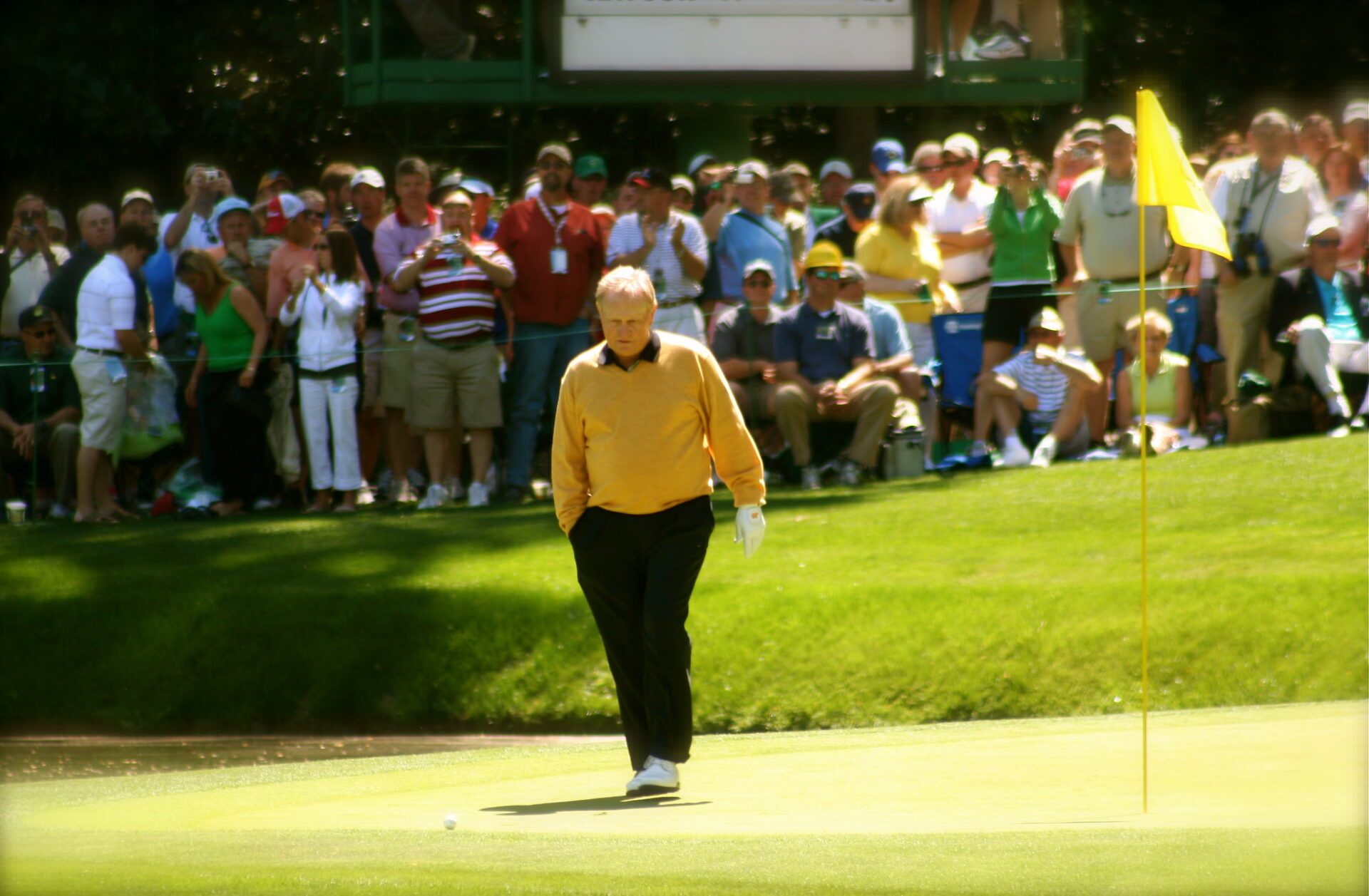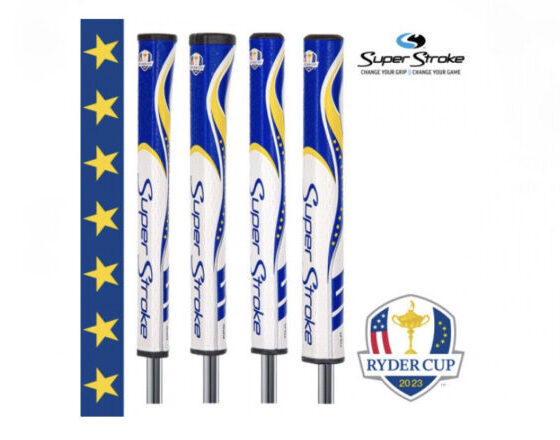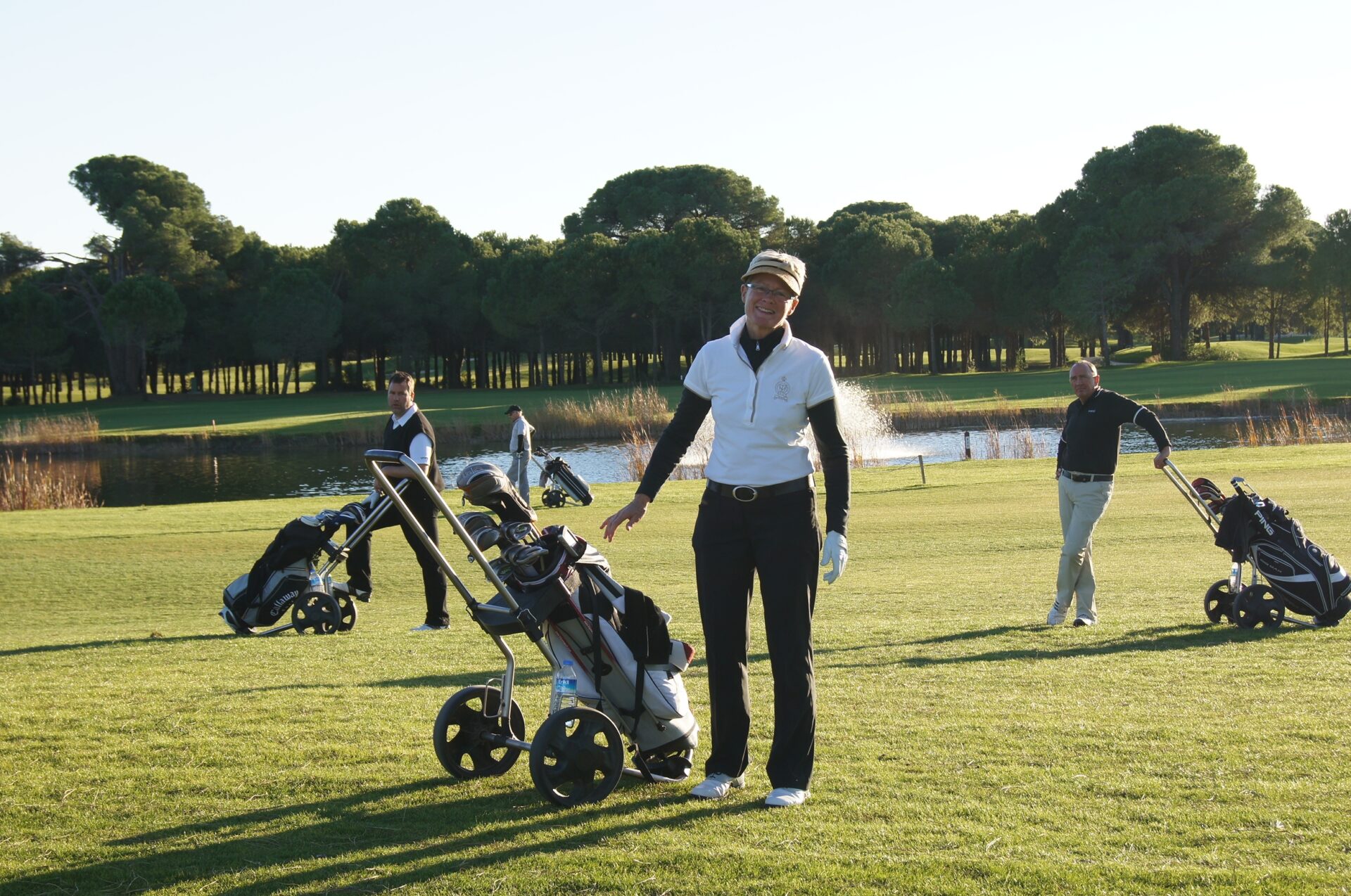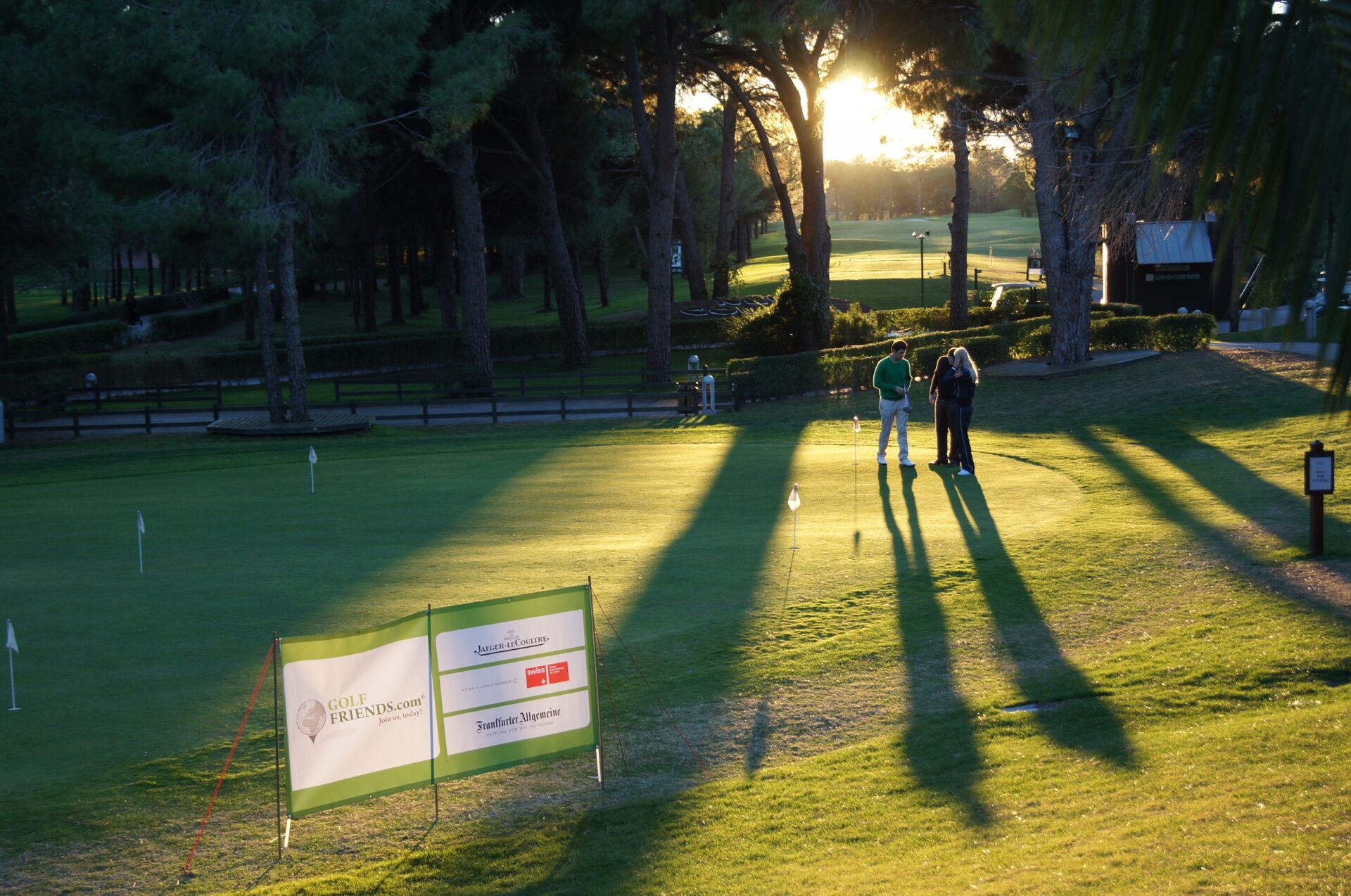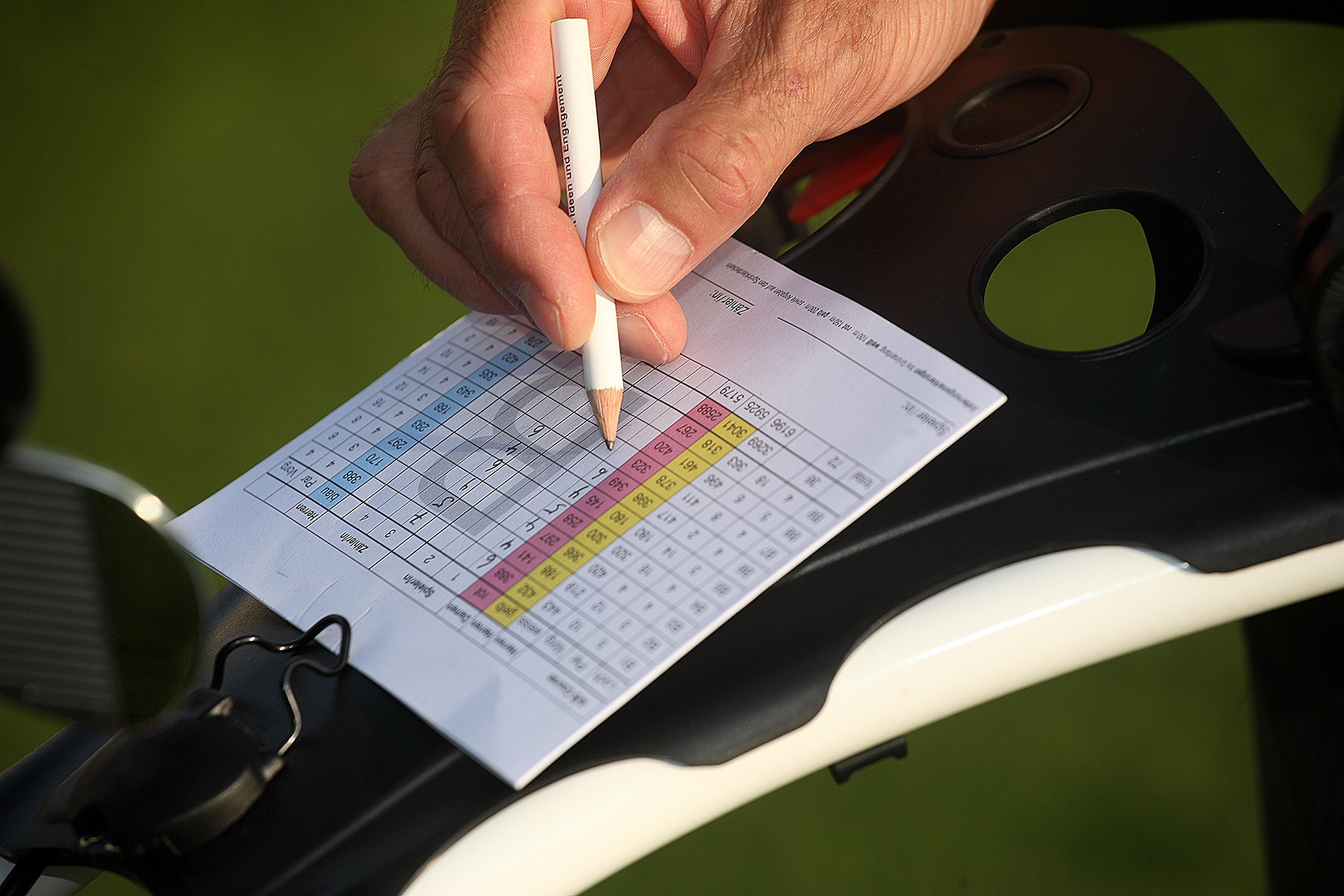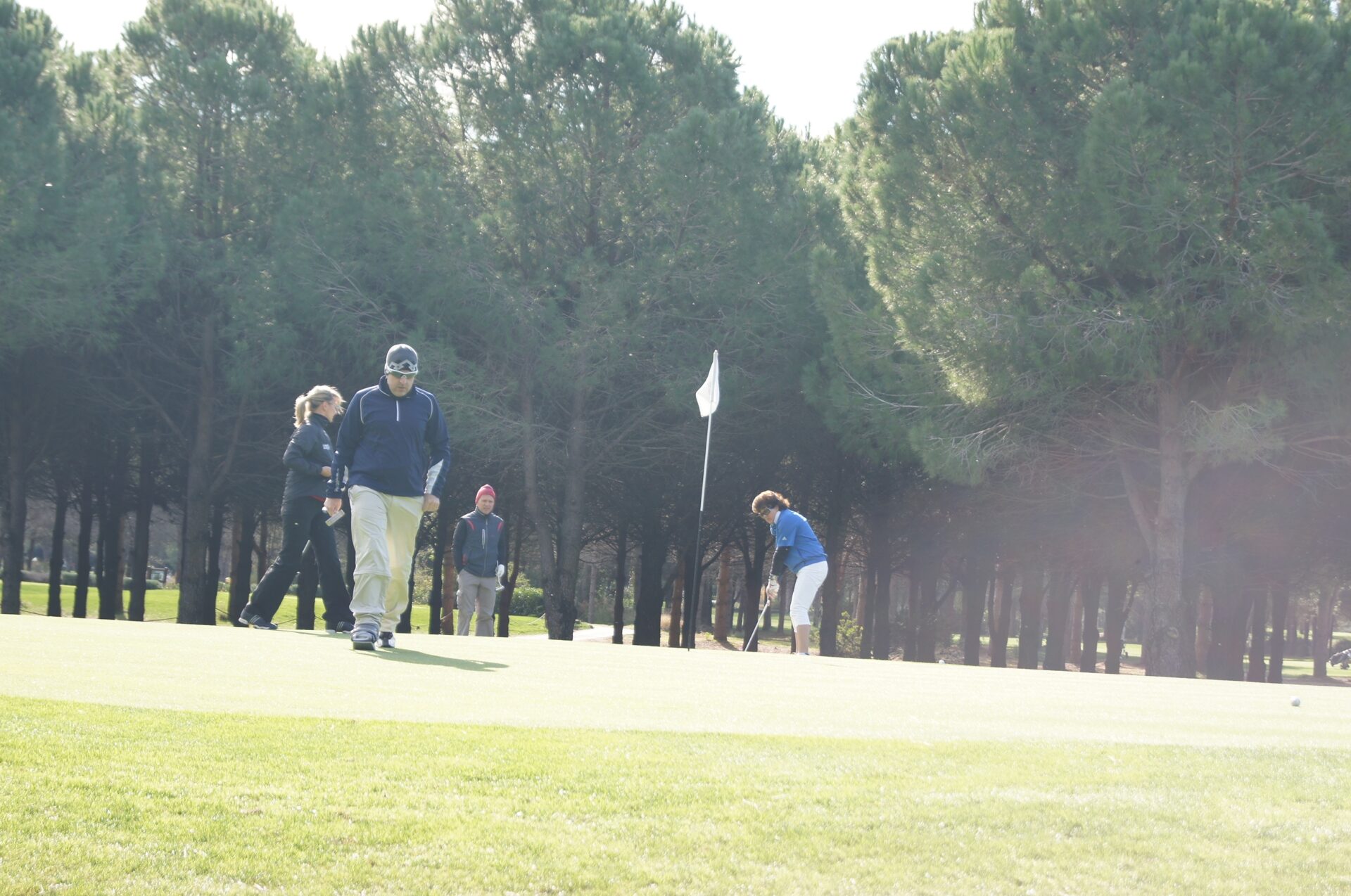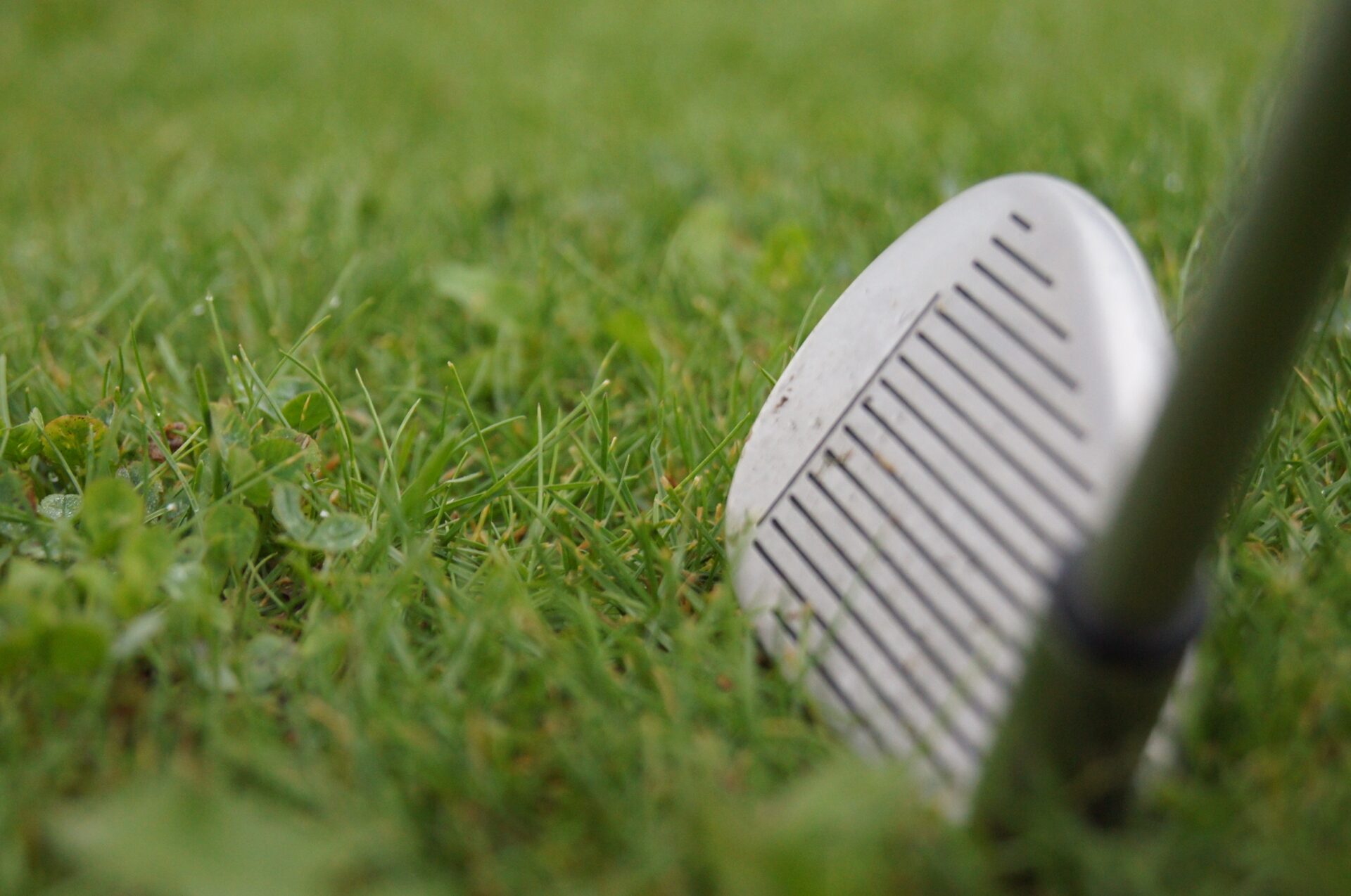News
Arccos: Apple Watch app with improvements
Arccos introduces enhancements to the Arccos Apple Watch app with an update that gives users a seamless, phone-free shot tracking experience. The UX improvements allow users to start a round…
The most expensive golf clubs in the world
Golf has always been one of the most prestigious sports in the world. Etiquette and unwritten rules give golf its very own image. And this image is celebrated above all in the golf clubs of…
SuperStroke: Team Europe Putter Grips
Attention fans of the Ryder Cup: Those who also want to identify themselves outwardly with the European team can “out” themselves with SuperStroke Team Europe putter grips. These…
The Latest
Betting during a round of golf
On this page you will find an overview of various forms of betting in golf. These can be played on a round of golf – with or without money. Nassau Nassau is the most common form of…
World Handicap Index (WHI)
The World Handicap Index (WHI) is a globally standardized handicap system for golf. It was introduced from the 2020 season and replaces the previous national handicap values, such as those…
How to golf
Find everything you need to get started with golf in our golf guides. We offer beginners everything they need to easly begin playing the game of golf

